For all those who identify as women in 2024, ‘unequal’ men are causing them to give up on dating, resulting in tears in social fabric and compromised health, and loneliness for all concerned
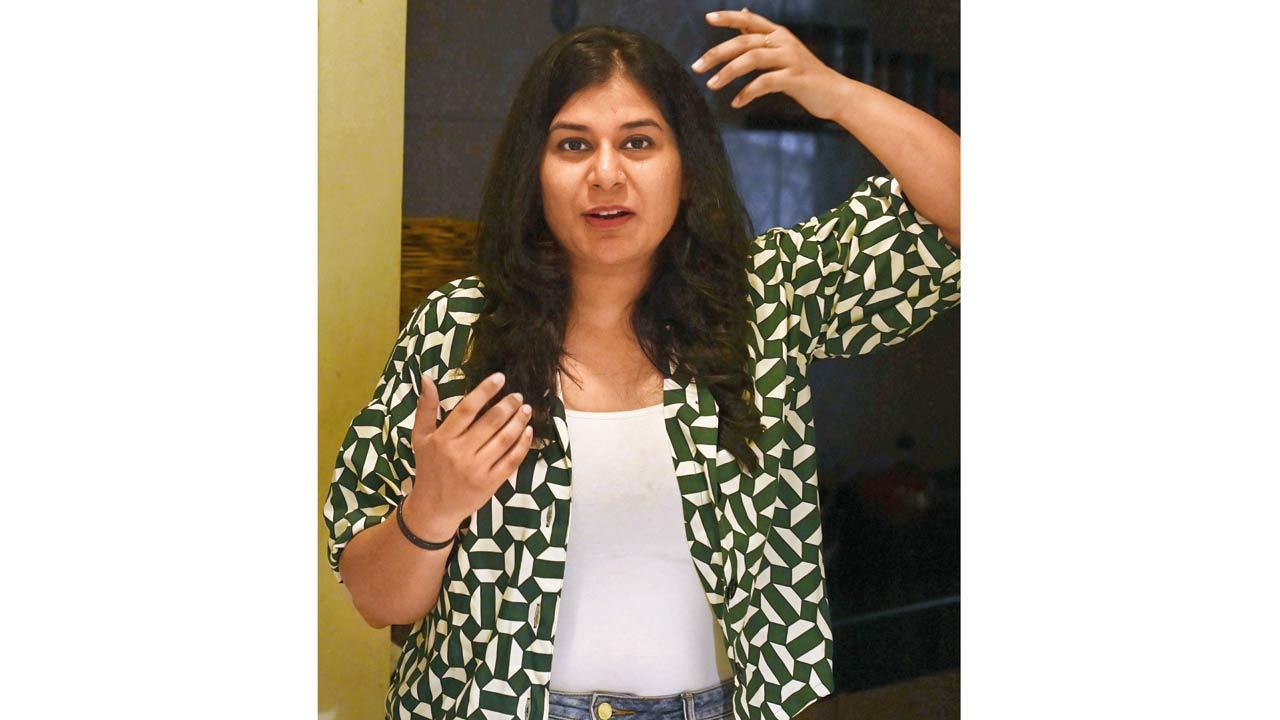
Film editor Suchi Gupta says finds that men misinterpret her ease for sexual permissiveness. Pic/Ashish Raje
It started like any good water cooler conversation: A female colleague went on a date with a heterosexual man that ended at his home. He had moved into the place a few months ago, but had not unpacked entirely yet. All his belongings were pushed to one side of the room and covered with a bedsheet to leave one island of clean space to live in. “My mother is coming in a few weeks to set the house up,” he said, adding coyly, “…but if you were my girlfriend, you could do it…” He is 36 years old.
ADVERTISEMENT
That is just one of the reasons why many single, urbane women in their late 20s and upwards, are telling us that they are giving up on dating. The overriding theme is that these women—cisgender heterosexual, queer and trans—are unlearning harmful behaviours, upskilling professionally and doing some deep self-work, but reportedly are not able to find men “equal” to them in these areas.
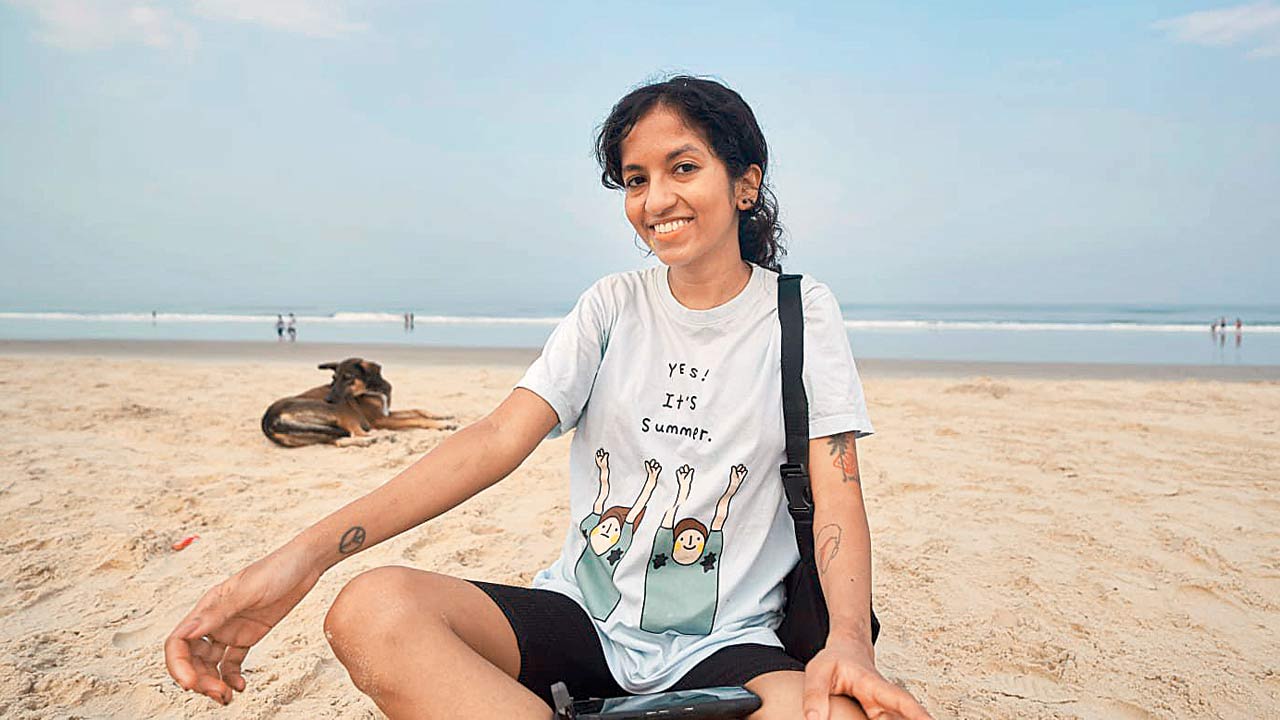 Vlogger Magali Vaz finds that most men don’t have an informed political opinion
Vlogger Magali Vaz finds that most men don’t have an informed political opinion
As clinical psychologist Bakul Dua said to us when we approached her to verify this theory: “[sic] Bohot pareshan hain sab!!! Men have just fully ruined it.”
These are not the angst-fuelled ramblings of bitter women: A 2023 study by dating app Bumble showed that 81 per cent of polled Indian women feel more comfortable while being unmarried and living alone, and make more deliberate choices about whom, how and when they want to date; 63 per cent of respondents said they won’t compromise preferences, needs or requirements. As per the 2011 census, India has 72 million single women—the largest cohort of unattached women in the country’s history. This includes unmarried, widowed and divorced women.
 Sadaf Vidha
Sadaf Vidha
Like Tess Joss, a corporate trainer and PhD scholar, who started dating in 2016, but stopped a few years ago. “I have no intention of dating men anymore. I’m done,” the 37-year-old Powai resident says.
What were the disappointments that marked her way here? “The sheer entitlement!” she says. Her dating history could be brushed aside as “hiccups on the way to true love” were the experiences not so universal, and corroborated by mental health professionals as a wider societal pattern.
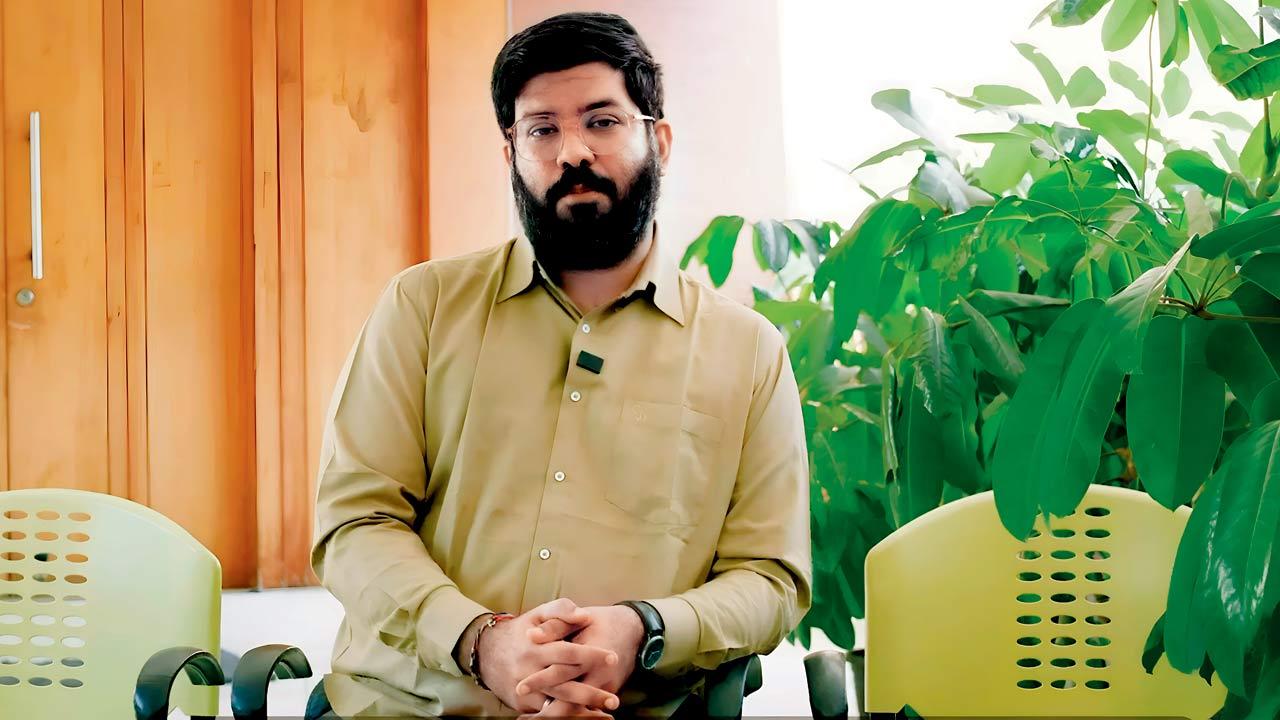 Paras Sharma
Paras Sharma
Here are a few examples that reflect that. Verbally abusive boyfriends, a boyfriend who could not invest in the relationship when she moved cities; a guy she got along with so well that the community they lived in thought they were dating, and they had even professed affection for each other until she finagled out of him about his girlfriend in his hometown; a potential alliance who wanted to marry a “pure” girl and asked if she’d been intimate with anyone; a sweet guy focussed on having a family quickly since he already had a beautiful house, instead of nurturing and building a partnership first.
Vlogger Magali Vaz is looking for someone who is emotionally available and has common interests. “I’m not necessarily looking to date for marriage,” says the 32-year-old, “but not [interested in] a situationship. I’m attracted to someone with pets because that shows you’ve taken up responsibility for someone else. Many men my age live with their parents, which in itself is not a problem [Vaz’s parents live with her in Goa], but it can mean that they don’t understand or do chores.”
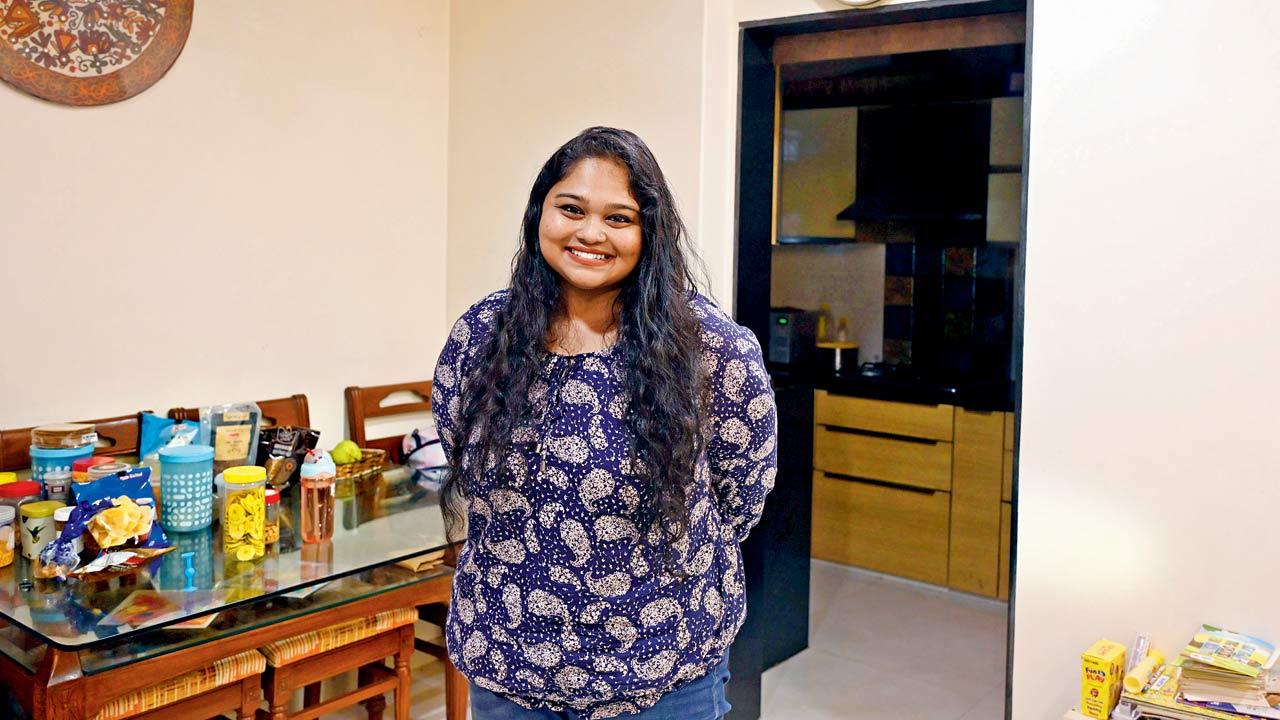 Corporate trainer Tess Joss gave up dating six years ago after recognising a gap in self-work by men to develop emotional intelligence. Pic/Ashish Raje
Corporate trainer Tess Joss gave up dating six years ago after recognising a gap in self-work by men to develop emotional intelligence. Pic/Ashish Raje
Male partners’ inability to recognise and share domestic and emotional labour is a common grouse among women swearing off dating.
When we spoke to a few more women, some more broad themes emerged: Patriarchal conditioning, taking sexual liberties, and curiously enough, being politically and socially apathetic. Most women leaned towards men who were politically invested—they may not need to have the same leanings and loyalties, but it was important that they know what was happening in Gaza and who French mass rape survivor Gisele Pelicot is. Also essential is self-awareness among men, particularly on their privilege, and empathy towards those without it.
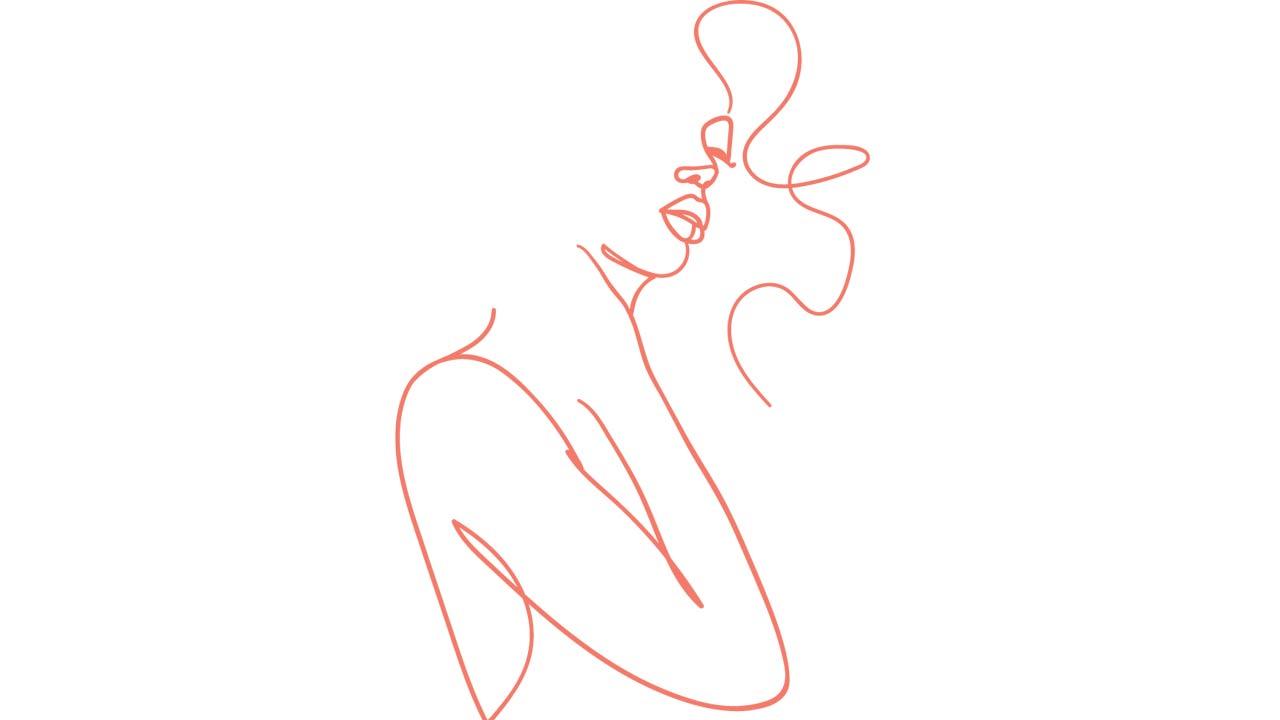 Pic/iStock
Pic/iStock
Vaz, who has been dating angrily and reluctantly for six to seven years in Goa and Mumbai, actively “discusses current affairs to see their [her dates’] reactions to gauge how they look at the world.” Shuchi Gupta, 33, film editor from Andheri, checks bios on dating apps to judge the candidate’s political and societal views, and to judge their empathy for the woes of others.
However, those are secondary triggers. Most women are angered by the micro-aggressions, the complete disregard for consent and emotional unavailability or immaturity. “It’s just expected that you will be the one to compromise,” confesses Vaz, “I’ve had a lifetime of absorbing the behaviour of people around me. Generations [of men] have gotten away with micro-aggressions. I’m just looking for consistency in communication and courtesy.”
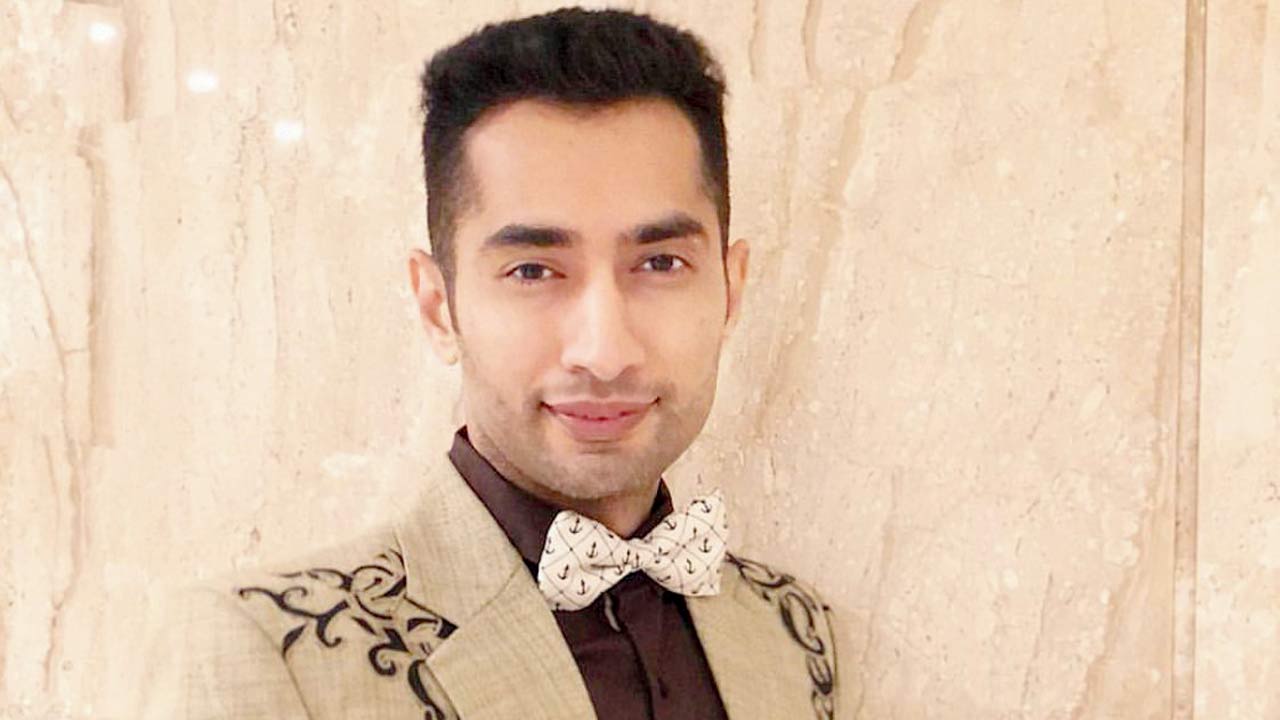 Pankaj Ahuja, real estate executive
Pankaj Ahuja, real estate executive
This consistency in communication, and with it, the willingness to be vulnerable and hold up your end of the emotional labour in a relationship comes up often.
“Women,” explains clinical psychologist Dua, drawing from her professional interactions, “are finding it increasingly difficult to be with men who refuse to be vulnerable and own their emotions. Distant, withdrawn, emotionally unavailable is no longer inviting fantasies of the chase; it’s inviting frustration and impatience.”
As Gen Z says, it’s not giving.
Sadaf Vidha, founder of Guftgu Counselling, breaks it according to the various folk who date men. “Cisgender women are fed up with flakiness and non-uniform emotional labour to hold up the conversation,” says the mental health professional who works in Navi Mumbai and Goa, “They [women] want to be clear about whether the relationship is casual or not. They are looking for communication to work through trust issues.”
Transwomen, and other folks who date men are irked by the focus on superficiality. “Looks are preferred over important compatibilities and dating etiquette,” she says, “Divorced women and those over 38 are alarmed by how quickly things escalate to sexting. This is all new to them. They also look for old-school niceities like being picked up and dropped off.”
Younger people, finds Vidha, may not be able to verbalise these issues. “They are disturbed but not allowing themselves [to acknowledge it] or tell the other person that this affects them.”
The broad areas of anger, she says, are that women have evolved and are dating men who are not there yet, being forced to settle for basics and crumbs. “Sometimes there is confusion because they [men] want them [women] to be equal in some areas, but subservient in others,” says Vidha.
On dates, say these women, they’d appreciate a man who can keep up the conversation by choosing amiable topics, showing genuine interest in the other person and not just talking about himself.
“On first dates,” says Gupta, “the guy is just listening and agreeing with you to get into your pants. I want to be treated as a human first. Gender is secondary.” To her, this looks like politeness and kindness, being good to her. “Even casual sex is fine,” she says, “they should be upfront about it, and accept that I have a choice in the matter.”
Assumption of consent and ignoring its withdrawal is a big one, understandably, to enrage women. “How do men feel that it’s completely okay to make unsolicited sexual advances despite clear communication that they are uninvited?” asks Gupta rhetorically, “They feign confusion when the conversation [around consent] happens. You would not do this with someone you consider an equal.”
Gupta has had this experience repeatedly, even with male friends who use “progressive words”. She doesn’t invite men over or allow them to stay back— even friends after a party or dangerous inebriation—“unless I want something to happen. Even if you are platonic friends, they feel something sexual has to happen.”
These liberties, she feels, are taken under the traditional framework of gender roles. “The role of women is to be reserved, to not laugh loudly,” she says, “I use cuss words and am casual in conversation, so men think it’s an invitation or permission to assume a sexual connection.”
Vidha sees this as a symptom of masculinity in crisis: This new world is asking men to do better emotionally, as well as in terms of social and dating skills, but there is an influx of traditional masculinity. “To develop the vocabulary to talk about the emotional stuff, share the housework 50-50, brush up on dating skills, in traditional messaging, it’s considered beta, right? Men are being made to feel like growing these skills would amount to emasculation. It’s a fork in the road: Either you gain these skills and grow in your relationship; or hold on to [your idea of] masculinity but suffer silently because your relationships suffer,” she says.
To Dua, who is based in Bengaluru, anger is a great sign that women are valuing themselves more and placing personal fulfilment as a central expectation from a relationship, in contrast to the gendered trope of being “givers”.
But where does this leave us as individuals and as a society? Towards decentralisation of romantic relationships.
“I don’t even actively date much because it’s exhausting and not worth it most of the time,” says Vaz. “I’m choosing to stay single rather than in an unfulfilling relationship. Life is better without wasting so much time and energy dealing with men. I’d rather do other fulfilling things and relax.” Her life is filled with hobbies, game nights across Goa, caring for her cats and creating beauty, lifestyle and make-up content for social media.
Joss is “actually happy when not dating. It’s been so long and I am so put off by men that I’ve not made a genuine effort to date someone in a while. Except for male relatives and a few close friends and colleagues, I don’t even feel like interacting with men anymore. I enjoy spending time on my own… going for movies, meals, and sitting at coffee shops.” Gupta, too, rarely dates.
And it’s not just urban women.
As part of research study that Dua did in 2013, in which she explored mate-selection preferences of female domestic workers, she found that most young women who had moved from villages to cities, and earned their own money working as nannies, cooks, cleaners, live-in help etc. chose not to get married. They earned well, sent money back home, educated siblings and generally were able to value themselves more. And preferred to remain single because they saw men as an impediment in their journeys.
Men are also feeling alone and bewildered after single-mindedly pursuing the one thing that generations of patriarchal messaging has taught them is crucial to build a family: Being a provider.
But today’s woman can provide for herself, and what she’s looking for is an equal partnership.
“If feedback is given to them [men],” says Vidha, “they do not take it well, and many times, feedback does not reach them either.”
Paras Sharma of The Alternative Story, corroborates what the women say. The Alternative Story, which provides mental health services to individuals and organisations, partnered with a dating app earlier this year to support men via a chat service. What he found was that communication—even understanding of messaging—was missing. “Most men who chatted with us thought we would either connect them to a match or, were a match,” says the Director of Services and Programmes. “There is a sense of entitlement. Many of them think that the paid version of an app guarantees matches.”
Sharma says the gap is in socialisation. “Men are taught that making money and social status are enough to get a partner,” he says. “They are not encouraged to have platonic friendships with women. There’s even an ‘Alpha’ type—they go to an all-boys school, then join a stream such as engineering in which women are a minority, and when they get to work, they may have women peers in ancillary departments such as HR. They never learnt to speak and treat women as equal.”
“This hinders their growth even after partnership,” continues Sharma, “Women will easily befriend their male partner’s friends, while men can’t. Then they get resentful of women who have social lives because they feel inadequate.”
Sharma also blames patriarchal messaging. “Alpha male” influencers, such as Andrew Tate, obliquely hint that working on yourself, developing an emotional intelligence and going to a therapist, are all “beta” behaviour.
Therapy and men’s mental health support groups are an answer to this but there is a self-selection bias in such places, says Sharma. “The men who come to these spaces have usually been doing the self-work needed to be a better version of themselves and listening to their sisters, mothers, and women friends,” he says.
But there is some onus, argues Vidha. She encounters male clients who are emotionally intelligent, open to talking about emotions. Such men, she finds, bear the brunt of others who have crushed women’s expectations before them, requiring them to do a lot more work to prove they are not like that. “They find it hard to find women who are not just looking at them like vending machines for sex and money,” she says.
Which is what Pankaj Ahuja, a real estate marketing professional from Andheri, argues. “Women always carry the baggage of the last person who cheated on them or ghosted them,” the 37-year-old says, “And while that is natural, don’t we also deserve your 100 per cent and not who you were shaped into?”
In the most recent stretch, Ahuja has been dating for nine months. He, too, seeks the “basic decency” women want as they get to know each other. Instead, there is a “financial colonoscopy” as he is asked, in indirect ways, about how much money he makes and whether he is willing to spend it all on them. “The questions, even before we meet each other, are about whether I took any international holidays and did I fly business class,” he says, “The bios also say ‘want a gentleman who treats me like a princess’. The right person will do that regardless, you don’t have to spell it out. What they want is someone to spend money on them.”
The dating scene is tilted in the favour of women, he observes. A woman he is interested in could have 30 chat windows open with different men. “So the entry barrier is high,” he says, “but the bar is on the floor. We also want basic decency, like not being treated as if dating is a game, not being ghosted. Being asked if we reached home. But emotionally, women want a ‘bad boy’ not someone who shows his vulnerabilities.”
And what about domestic labour. “Post COVID-19,” he says, “all of us have learned to care of ourselves and those with us. I may not know how to cook, but I take care of my senior parents, and can wash up afterwards.”
Vidya concurs that some stereotypes are upheld by women too. She has met men who try to not be traditionally masculine, only for women to “later make them feel bad about it or indicate that they would like to see the man in a protector role. Because ‘if you fall apart, who will protect me?’ Women also have to reflect on what they want and not ask for contradictory things,” she says.
And it’s not that men don’t want to work on themselves, Vidha says. She points out that overall the enterprise of therapy is more accessible to women. “Men are made to feel that they are not supposed to do something soft like invest time to unlearn and relearn,” she says. “The other side is also that traditionally emotional work is the ‘women’s job’.”
Whatever male clients do come to her talk about their relationships, depression, loneliness and want to do the work to improve. She finds it even more interesting when couples come for therapy. The men usually start off as avoidant,” she says, “then as time goes by, they open up and you can see they need the space more because women have friends or family; men don’t have any space [for emotional sharing].” In the current scenario though, Vidha feels everyone is frustrated and lonely as “there is erosion of basic trust, leading to more loneliness and decline in marriage and fertility as women don’t marry, or marry and divorce partners who are not equals. Many queer/trans folk who date men feel the pressure of not feeling understood and an unequal emotional load. There is a sense that nothing serious is going to pan out, so we date casually, but it does not fulfil our needs, again increasing frustration.”
She observes that where old ideas of kinship, such as families, are not strong any more, people need newer ways of connecting with each other. “We hoped dating would be that place, but it’s not. In general, hope in humanity, in being connected and related to each other is eroding,” she observes.
So nobody is happy, and dating apps win.
81%
Of Indian women prefer to be unwed and live alone
*Source: 2023 Bumble survey
72 MN
o. of single women in the country
*Source: 2011 census
 Subscribe today by clicking the link and stay updated with the latest news!" Click here!
Subscribe today by clicking the link and stay updated with the latest news!" Click here!







